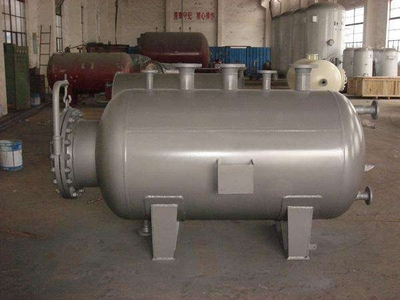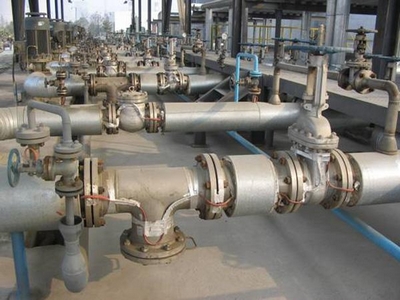Scientists have found corrosion-resistant metals, namely titanium, in constant exploration. It ranks in the forefront of corrosion-resistant metals with its noble quality. Titanium is named after Titan, the son of the earth in Greek mythology. In ancient Greece, “Titanic Spirit” was synonymous with the courage to move forward. Titanium, like its name, was a kind of heroic metal, bright, light and firm. The noble quality of titanium is self-evident. Scientists have found in practice that titanium is a remarkable metal, like lotus, “out of sludge without dyeing”. Let’s have a glimpse of the noble quality of titanium: chemically, the famous strong corrosive agent “aqua regia” can devour silver and gold, and even erode the stainless steel known as “stainless” into rust mottled, totally different faces. However, “Wang Shui” has no alternative to titanium. Titanium soaked in “aqua regia” for several years is still shining and shining, because titanium has excellent acid and alkali corrosion resistance. If Titanium is added to stainless steel, only about 1% of it can greatly improve its rust resistance. Titanium metal has the superior quality of lotus than lotus, and its corrosion-resistant series characteristics show the anti-corrosion instinct in people’s lives.
Titanium is the only metal that has no effect on human autonomic nerves and taste. Therefore, the “biophilicity” of titanium has unique uses in medicine and has become a new substitute for human bone and organs. Titanium is also found in jewelry. In fact, the lightness of titanium watch is only one of the characteristics of titanium. The corrosion resistance of titanium is not eroded by sweat and the affinity of skin is an important feature of titanium watch.
How to further play the role of corrosion resistance of titanium, titanium experts have been exploring and applying continuously. Titanium used in vacuum salt making in China is the first field to promote the application of titanium. Subsequently, a large number of titanium used in chemical industry has expanded the excellent quality of corrosion resistance of titanium. Titanium is mostly used to manufacture chemical equipment in petrochemical industry. Material selection of chemical equipment is very important. A large number of pressure vessels, tanks, towers, heat exchangers, pipes and even fasteners and connectors should not only bear certain loads, but also be strongly corroded by many media under severe working conditions. In this case, many of the equipment only use stainless steel, has been unable to adapt. The mechanical properties of titanium and titanium alloys are similar to those of stainless steel, but their corrosion resistance is much better than that of stainless steel. Therefore, in important chemical equipment, titanium materials are gradually used in various ways, such as lining titanium, titanium steel composite and even all titanium.
The application of titanium in China’s petrochemical industry originated in the early 1980s. The ethylene plant of Shanghai Jinshan Petrochemical Complex and the aniline hydrochloric acid plant of Lanzhou Petrochemical Refinery solved the corrosion problem that had plagued the production of enterprises for a long time due to the application of titanium materials. Subsequently, Shanghai Gaoqiao Petrochemical Company and Baling Petrochemical Company invested a lot of money in petrochemical industry. Titanium is used in industrial equipment, and good economic and social benefits are obtained. Li Dongying, academician of the Chinese Academy of Engineering, once laughed at Zunyi Titanium Plant, saying that titanium has a good corrosion resistance and is not easy to use. Its advantage has turned into a “disadvantage”. Its advantage is that users can use titanium products for a long time, and its disadvantage is that users of titanium products manufacturers use titanium products for a long time or do not buy them for many years. The excellent corrosion resistance of titanium is explained in the conversion of potential. It is the excellent corrosion resistance of titanium that promotes the application of titanium and titanium alloys. Nowadays, because titanium is hardly corroded by sea water, it has become an ideal material for naval vessels and marine engineering.


